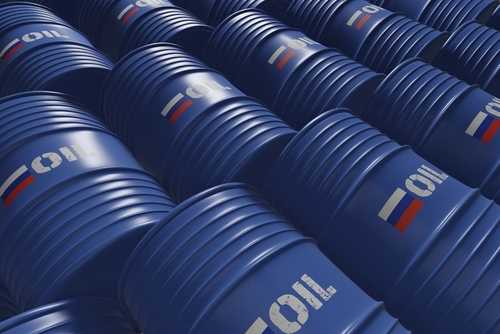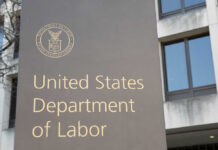
(Presidentialwire.com)- In a decree last week, Russian President Vladimir Putin banned the export of oil products to the countries that imposed price caps on Russian oil and petroleum products.
In early December, the G-7, European Union, and Australia implemented a price cap of $60 a barrel on Russian crude oil, a policy aimed at Moscow’s remaining customers. The United States and Canada had already banned the import of Russian oil while the European Union in December banned imports of Russian oil by sea.
Given the widespread bans on Russian oil, the new Kremlin policy may prove to be largely symbolic that does nothing to alleviate the strain on Russia’s economy.
Putin’s decree comes after Russian Finance Minister Anton Siluanov told reporters that the price cap on Russian oil products is putting a squeeze on the country’s export income, according to Reuters.
Siluanov said last Tuesday that the $60 per barrel price cap could potentially push Moscow’s budget deficit higher than the 2 percent expected in 2023.
Moscow had previously said the price caps on its crude and refined oil products will likely cut its oil output by 5 to 7 percent.
Siluanov said that if export revenues are lower than expected, it is “possible” Russia will face a bigger budget deficit than it anticipates in 2023, leading to “price risks and restrictions.”
He said the countries that set the price cap will receive no supplies from Russia but “there will be other countries.” And while searching for new markets will incur logistics costs, “discounts may change as a result,” Siluanov said.
Regardless of how deep the output cuts are, Siuanov said Moscow’s spending commitments would be met both through loans and by tapping Russia’s National Wealth Fund (NWF) as needed.
The National Wealth Fund is the country’s rainy day fund that accumulates state reserves.
Putin’s ban will go into effect on February 1 and will remain in place until July 1.














